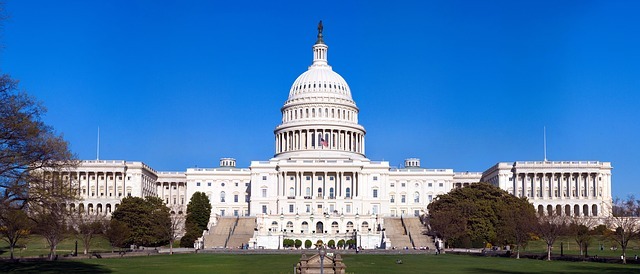How Governments and Legislators are Grossly Misunderstanding Big Data (and Therefore, Messing Everything Up)
Ah, legislators. No matter which side of the pond they’re on, they somehow manage to misunderstand everything, and even when they do understand, still manage to mess things up. Since big data is poorly understood even among mainstream business folks, it’s not surprising that it’s misunderstood in places like Capitol Hill and Whitehall. Here’s how legislators worldwide are getting big data wrong, and making all the wrong decisions because of it.
Legislators Don’t Understand Big Data

Recently, lawmakers in ten U.S. states were asked what big data was. A couple thought it was just an effort to share information across agencies. Some thought it was the result of using state-of-the-art technology to turn vast data sets into something that makes sense. Others believed it was nothing more than a marketing buzzword. Unfortunately, this lack of understanding is pandemic among the people who are responsible for developing and passing smart legislation to govern big data into the future.
If you’re in the U.K. and got a chuckle out of the ignorance, unfortunately your legislators aren’t much more knowledgeable. The lawmakers in Parliament are convinced that big tech companies like Google and Facebook have an unfair advantage since other companies can’t hope to get their grubby hands on that much consumer data. Never mind that there is a long string of reasons why big data does not give businesses an unfair advantage — legislators nonetheless want to fix what isn’t broken by passing ever-more-stringent antitrust laws.
The Future of Big Data Regulations and Ethics

Even the industry leaders are beginning to worry that big data needs better guidelines. After all, every fan of dystopian fiction knows that it’s always the bad guys who have the big data. It was true in George Orwell’s 1984 and true in Suzanne Collins’ The Hunger Games just a few years ago. Doug Cutting, the founder of Hadoop — which is virtually synonymous with big data — said so himself: “It’s time for us to reflect as we enter this new data age on how we want it to work. This is the time when the practices and policies we want will be set for the coming decades … In science fiction, the people who collect the data are the bad guys,” he said, laughing. “I don’t want to be one of those bad guys.”
Does big data need strong ethical guidelines? Absolutely! But the guidelines need to be drawn up by people who truly understand big data, which legislators obviously do not. To keep up with news, legislation, and more regarding big data, sign up for our newsletter at top of page. Big Data Week is your connection to all things data.

